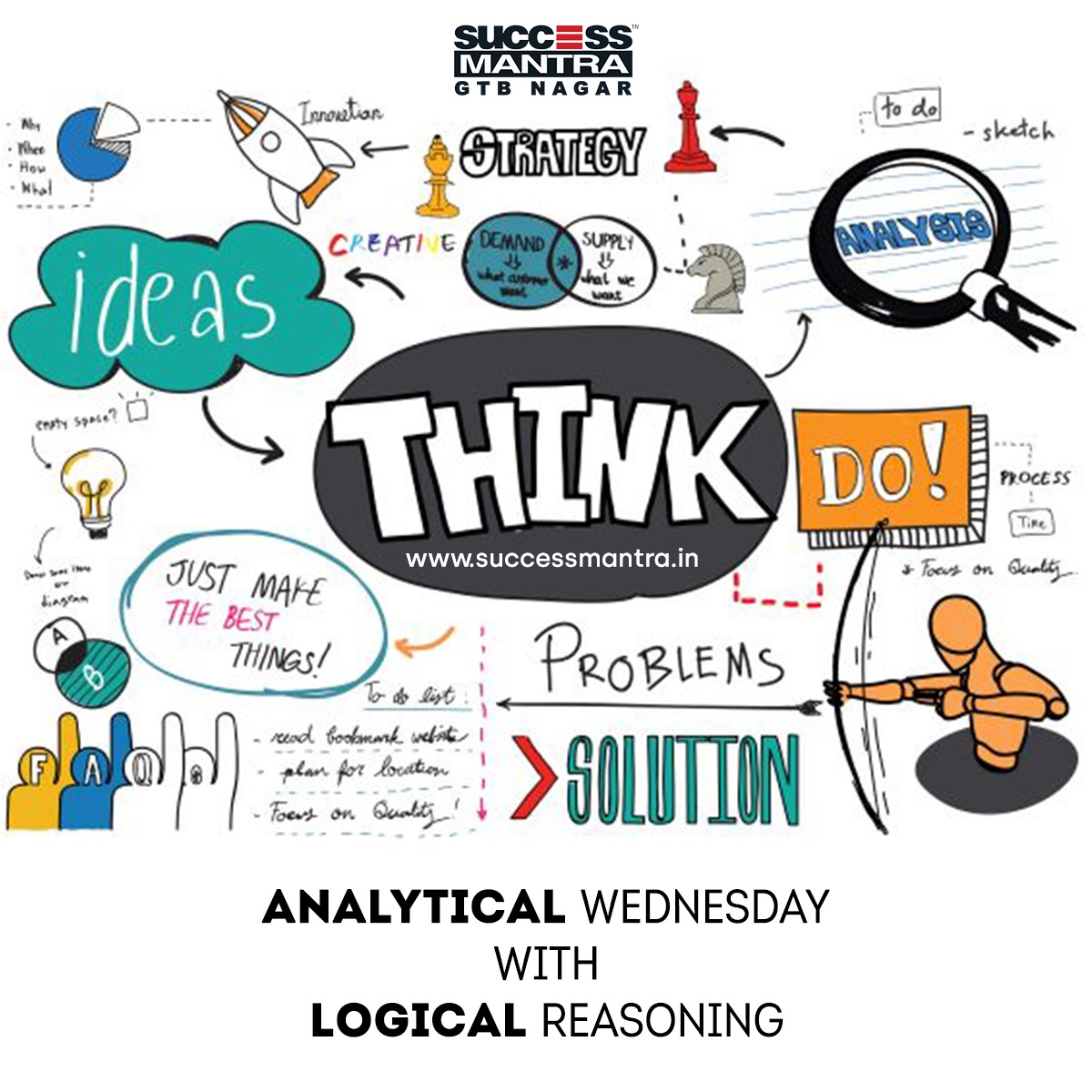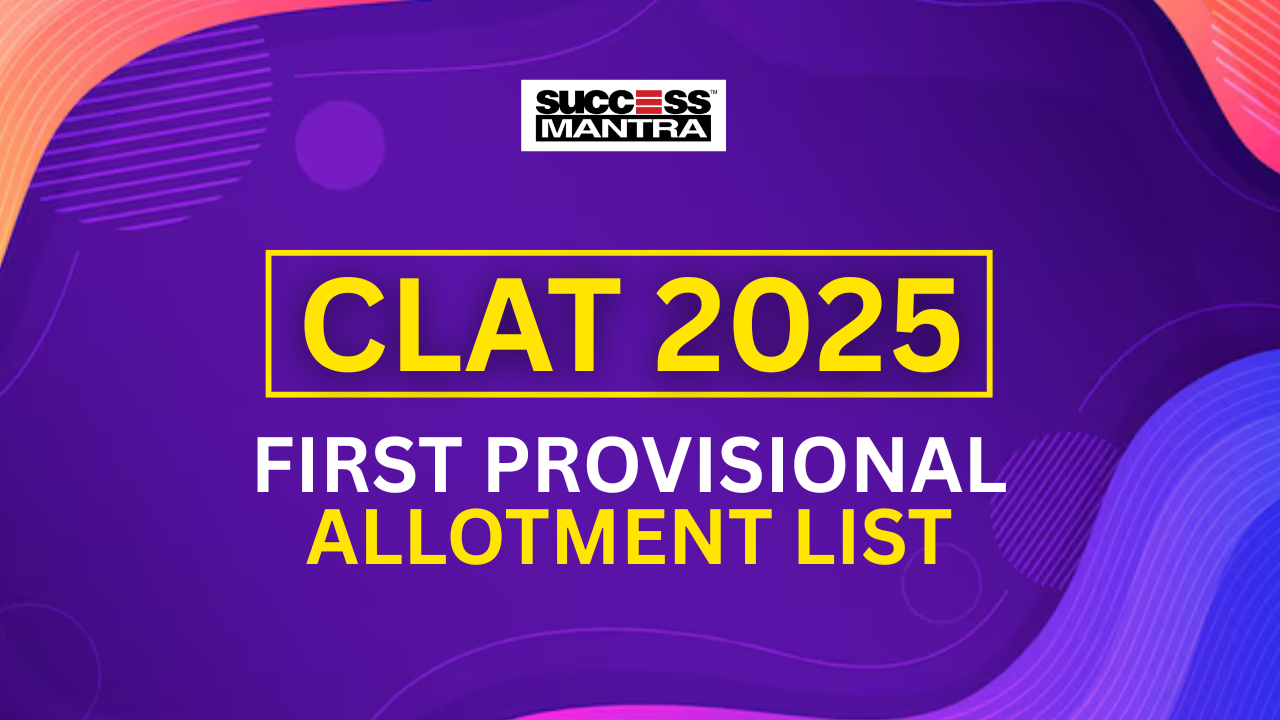Questions on Logical Reasoning SMLRQ042

The US tariff war against India has been reinvigorated by President Joe Biden threatening to increase import duties on a range of imports, from prawns and Basmati rice to furniture and jewellery, in retaliation against New Delhi imposing Digital Services Tax (DS) on tech giants. India imposed a two per cent tax starting on earnings in the country by foreign technology and e-commerce companies like Amazon, Facebook and Google. It was opposed by the administration of former President Donald Trump, and Biden has picked up the baton.
The Trade Representative's Office said: "India's DST is unreasonable or discriminatory and burdens or restricts US commerce." The Office estimated the increased taxes on the selected imports from India will equal the taxes India assesses on the US companies under the DST. "Estimates indicate that the value of the DST payable by US-based company groups to India will be up to approximately $55 million per year. The level of trade covered by the action takes into five account estimates of the amount of tariffs to be collected on goods of India and the estimates of the amount of taxes assessed by India." In 2019, Donald Trump withdrew the special treatment for some Indian exports, mostly low-tech items and handicrafts, under the General System of Preferences (GSP) that exempted them from import duties. New Delhi retaliated with higher tariffs on 28 US products that included walnuts and almonds. Biden has not so far taken steps to reinstate the GSP facility for India.
(Source- The Economic Times)
(https://economictimes.indiatimes.com/news/economy/foreign-trade/biden-reinvigorates-tariff-war-against-india-with-retaliation-against-digital-tax/articleshow/83289565.cms)
Q.1) Which one of the following statement(s) has been used by the author as a tool of criticism in the passage?
a) “The US tariff war against India has been reinvigorated by President Joe Biden.”
b) “India imposed a two per cent tax starting on earnings in the country by foreign technology and e-commerce companies.”
c) The Trade Representative's Office said: "India's DST is unreasonable or discriminatory and burdens or restricts US commerce."
d) None of the above.
A.1) D
Explanation: None of the options mentioned herein suggest the sort of criticism depicted or portrayed by the author in the facts of his passage.
Q.2) If true, which of the following will weaken the central idea of the passage?
a) US achieves a Tariff war with every developing nation.
b) US supports international relations more than it cares for its financial capacity, i.e. its companies and institutions.
c) Increase in import duty will make the Indian exports costlier in the US.
d) US wins the trade war he participates in due to its dominance in almost all spheres.
A.2) B
Explanation: Options A and D, are not be discussed upon as they are not even indirectly inferred from the facts of the passage. Option C is a mere random statement. Option B is this the best possible choice as US is ready to make his relations suffer with India due to the profit making companies of its.
Q.3) A direct inference from the passage is most aptly depicted by which of the following statement(s)?
a) President Biden is India-friendly unlike the Trump shown though his policies.
b) India’s tax imposition on international companies is an unwise decision.
c) India’s actions in the Tariff war were in response to the US.
d) US remains unaffected by the tariff actions of the Indian government.
A.3) C
Explanation: Option A is an incorrect statement, thus cannot be a direct inference. Option B though can be inferred is not a direct inference. Option D is an incorrect statement.
Option C is the best choice because of its clear language with respect to the passage.
Q.4) Which of the following conveys the main idea of the passage?
a) US controls the Tariff structure of its relations with other nations.
b) India’s acts affected the US’s stance in the international trade.
c) Both A and B.
d) Neither A nor B.
A.4) D
Explanation: Both the options A and B have not conveyed the main idea of the passage which is with respect to the policies framed by different countries in different scenarios, i.e., their relations with each other.
Q.5) The author has assumed which one of the following statement(s) from the passage?
a) “Biden is threatening to increase import duties on a range of imports.”
b) “Donald Trump withdrew the special treatment for some Indian exports, mostly low-tech items and handicrafts.”
c) “New Delhi retaliated with higher tariffs on 28 US products.”
d) “India imposed a two per cent tax starting on earnings in the country by foreign technology and e-commerce companies.”
A.5) A











